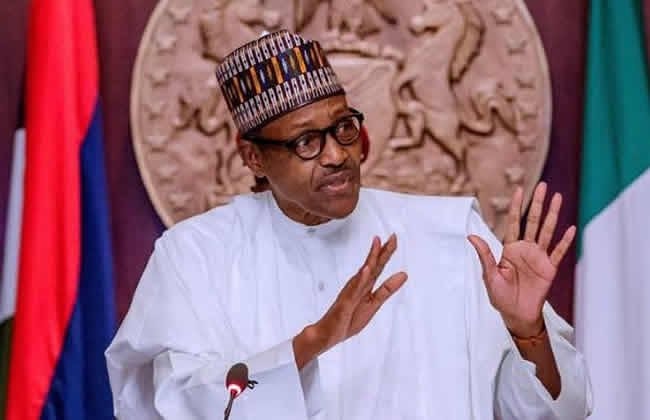
By Nimi Princewill
The Federal Government is set for a face-off with state governors over its new policy of extinguishing state government’s monopoly over local government allocations.
Disturbed by the recurring misuse of funds allocated to the 774 local government councils across the country by state governments through the State Joint Local Government Accounts, SJLGA, the federal government, bowing to widespread advocacy for financial autonomy for local councils has terminated the authority of states meddling in council allocations by inaugurating the Financial Intelligence Unit, NFIU, which was born out of the Economic and Financial Crimes Commission, EFCC, recently. President Muhammadu Buhari had earlier signed the NFIU bill into law, hence, separating the agency from the EFCC.
The new policy is billed to take effect from June 1, 2019, making it mandatory for all LG allocations to go straight to their respective bank accounts.
The contrary position of the constitution on the issue, may however pose a threat to the implementation of the policy. Section 162 (8) of the 1999 Constitution (as amended) empowers the states to distribute allocation to councils “among the Local Government Councils of that State on such terms and in such manner as may be prescribed by the House of Assembly of the State.”
Nonetheless, the NFIU after a protracted meeting with officials of commercial banks in Abuja, finalized on the decision to stop local government allocations from going to state accounts as contained in the recently released NFIU guidelines, entitled: “Guidelines To Reduce Vulnerabilities Created by Cash Withdrawals from LG Funds throughout Nigeria, Effective 1st June, 2019,”
The guidelines would make the joint account system currently in use only exist for the receipt of allocations from the federation account but not for disbursement. The NFIU directs all banks to comply with immediate effect, threatening to sanction any bank that flouts the order.
The agency said: “The NFIU requests all financial institutions, other relevant stakeholders, public servants and the entire citizenry to ensure full compliance with the provisions of the guidelines already submitted to financial institutions and relevant enforcement agencies, including full enforcement of corresponding sanctions against violations from June 1, 2019.
“Having realized through analysis that cash withdrawal and transactions of the State, Joint Local Government Accounts (SJLGA), poses biggest corruption, money laundering and security threats at the grassroots levels and to the entire financial system and the country as a whole, the NFIU decided to uphold the full provisions of Section 162 (6) (8)of the 1999 Nigerian Constitution as amended, which designated “ State Joint Local Government Account into which shall be paid allocations to the local government councils of the state from the federation account and from the government of the state.
“The amount standing to the credit of local government councils of a state shall be distributed among the local government councils of that state” and not for other purposes.
“As far as the NFIU is concerned, the responsibility of the account as a collection account is fully reinstated.
“In addition, taking such measures was necessitated by prompting reasons on the NFIU to respond to threats of isolating the entire Nigerian financial system by other international financial systems because of deficiencies in our anti-money laundering and counter-terrorism financing implementation.
“Therefore, it is no longer possible to allow the entire system suffer the deliberate and expensive infractions or violations by public officials and/or private business interests.
“Henceforth, all erring individuals and companies will be allowed to face direct international and local sanctions, in order not to allow any negative consequences to fall on the entire country.
“To be precise, with effect from 1st June, any bank that allows any transaction from any local government account without monies first reaching a particular local government account will be sanctioned.
“In addition, a provision is also made to the effect that there shall be no cash withdrawal from any local government for a cumulative amount exceeding N500,000:00 per day. Any other transaction must be done through valid cheques or electronic funds transfer.”
Reacting to the new directive, the Spokesperson of the Nigeria Governors’ Forum, NGF, Abdulrazaque Barkindo, declined to comment on the issue. “I cannot comment on the matter, especially as it has not been discussed by the NGF. I can only comment on what has been discussed by the governors and by extension, the NGF,” he said.
Some of the council chairmen who spoke to newsmen under anonymity, eulogized the policy as a “Welcome development that will afford the councils to perform optimally in the interest of the general public.”


